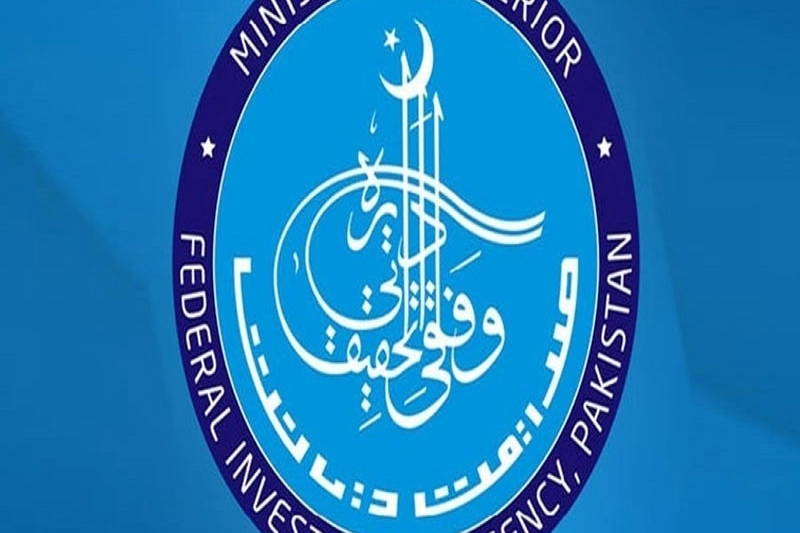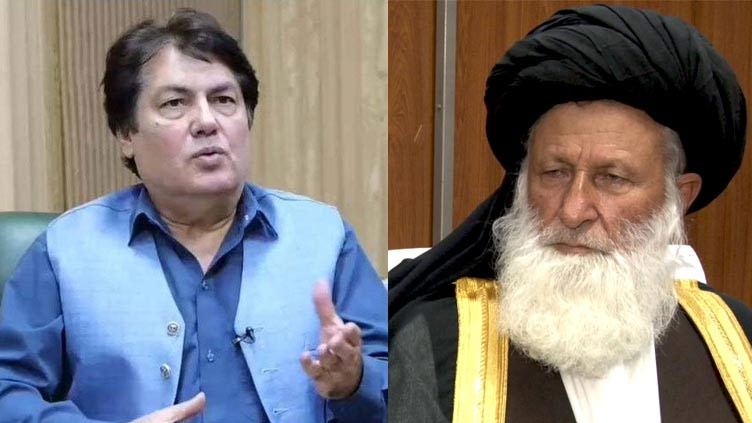According to PIDE, with around 27,000 hectares of forest removal per year, Pakistan has the lowest rate of forestation in the world in its most recent study, “Challenges and Opportunities of The Billion Tree Tsunami Project (TBTTP)”. The study found that Bangladesh and Pakistan had the largest percentages of private forest land ownership in South Asia—36% and 34%, respectively.
Khyber Pakhtunkhwa province has Pakistan’s largest forest area, followed by Sindh, Punjab, ex-Fata, Balochistan, Azad Jammu and Kashmir, and Gilgit Baltistan (GB), in that order. According to the study, the primary causes of deforestation in Pakistan include the country’s rapidly expanding population, growing urbanisation, extreme poverty, and lack of energy sources like gas.
Furthermore, the study shows that the development of extensive road systems for individual mobility and infrastructure in cities like Lahore and Islamabad has negatively impacted forestation. Pakistan has less than one billion trees, making it one of the nations with the fewest amounts of trees worldwide.
Pakistan has just five trees per person and 1,131 trees per sq km (more than Afghanistan in South Asia). According to study, 900 trees per person are needed for sustainable development.
The largest totals are found in the nations with the largest landmasses. The world’s tree population is largest in Russia (642 billion), followed by Canada (318 billion), Brazil (302 billion), and the United States (228 billion). Pakistan has less than one billion trees, making it one of the nations with the fewest amounts of trees worldwide.
Pakistan’s overall forest acreage has shrunk by 20% since 2000. In 2021, the percentage of Pakistan’s land area covered by forests was 4.8% (36.9 sq km) out of a total land area of 770.8 sq km, whereas in 2000 it was 5.9% (45.1 sq km). Pakistan clears over 27,000 hectares of forest annually, of which half are utilised for cooking and heating in homes without access to gas.
Pakistan’s forest cover is far less than the global average of 31.2%, which is higher than the average values of 18.9% in South Asia, 24.4% in India, and 14.5% in Bangladesh. According to PIDE study, “a country should ideally have 25% forest cover for a healthy environment.”
The country’s total forest acreage is distributed differently, with Khyber Pakhtunkhwa accounting for the largest portion at 32.7%. Other regions with higher percentages include Sindh (14.8%), Punjab (12.4%), Ex-Fata (11.9%), Balochistan (11.1%), Azad Jammu and Kashmir (9.6%), and Gilgit-Baltistan (7%).
According to research, “dry temperate forests account for the largest share of the country’s forest cover area, accounting for 36% of it. Sub-tropical broadleaved shrubs (19%), moist temperate forests (15%), Chir Pine forests (13%), Riverine (4%), irrigated plantations (4%), thorn (3%), mangrove (3%) and subalpine forests (2%) are the next most common forest cover types.
Furthermore, PIDE’s research indicates that the country’s rate of forestation has decreased over time due to factors including high levels of poverty, increasing urbanisation, fast population increase, and energy scarcity. Large tracts of forest have been cut down by locals and timber mafias. Individuals who lack access to electricity or do not receive it sometimes rely on wood fires for warmth, cooking, and illumination.
It also mentions that there are 11 million hectares of privately held forests in South Asia, and that number is growing. The largest percentage of privately owned woods are in Pakistan and Bangladesh (36% and 34%, respectively, in 2010). Future sustainable forest management may be seriously impacted by a rise in the percentage of privately owned woods.
Among all forest ownership groups, indigenous people own the least, and their share is decreasing. This might have detrimental effects on the preservation of forests as well as the empowerment of indigenous people, who are already among the most deprived.


 Latest News3 days ago
Latest News3 days ago
 Latest News3 days ago
Latest News3 days ago
 Latest News3 days ago
Latest News3 days ago
 Latest News3 days ago
Latest News3 days ago
 Latest News3 days ago
Latest News3 days ago
 Latest News3 days ago
Latest News3 days ago
 Business3 days ago
Business3 days ago
 Latest News3 days ago
Latest News3 days ago





















 | Funny Videos | Sajjad Jani Official Team
| Funny Videos | Sajjad Jani Official Team